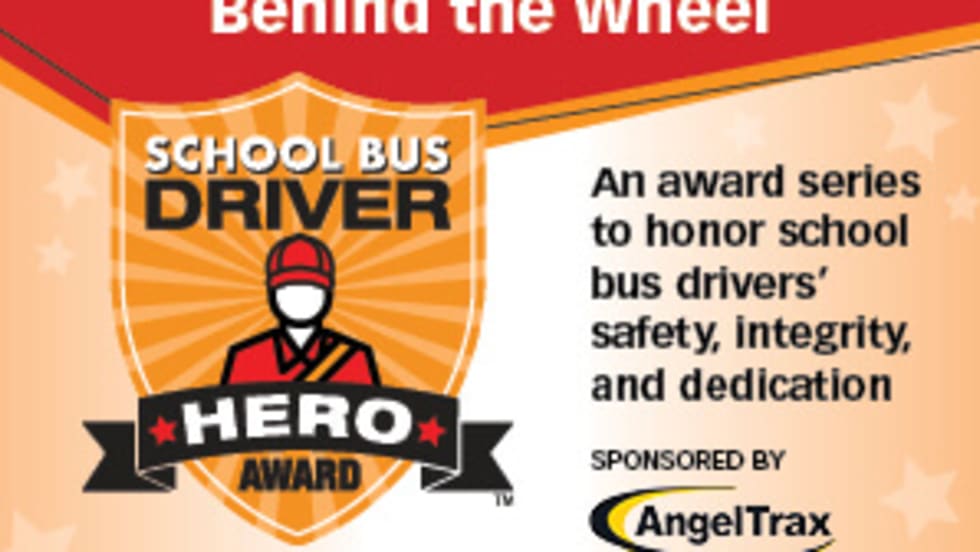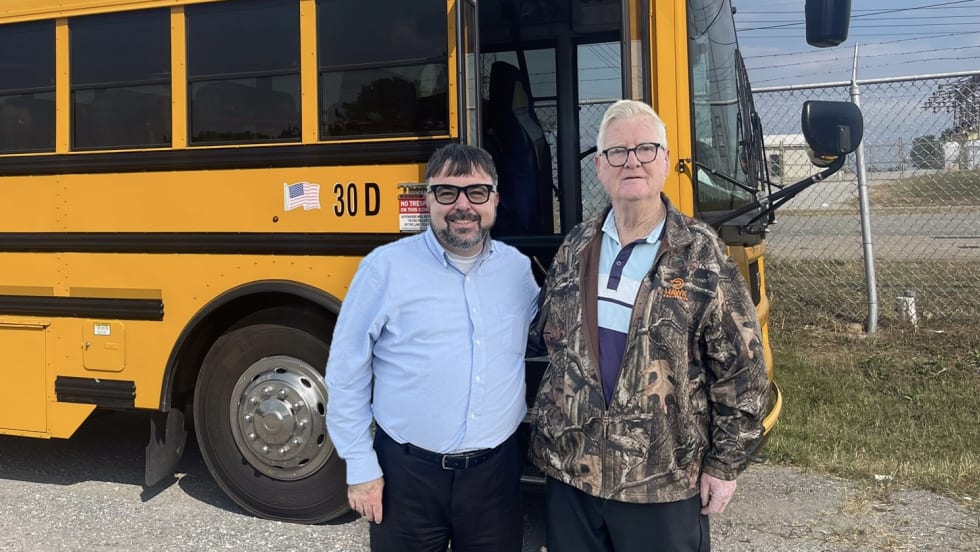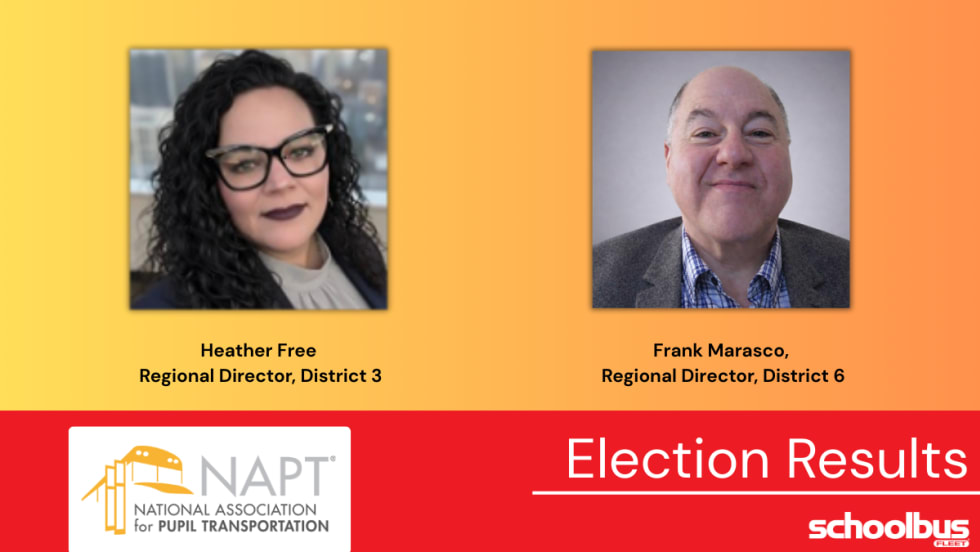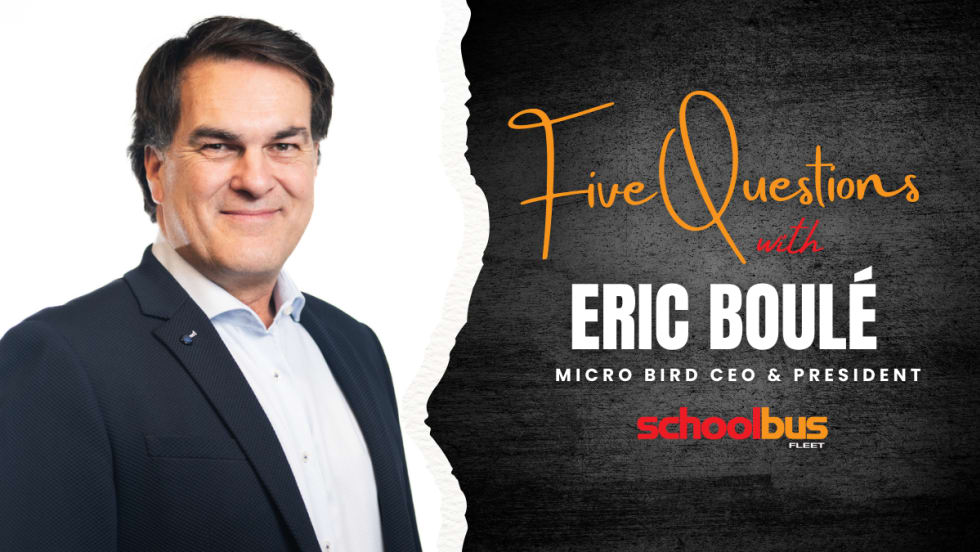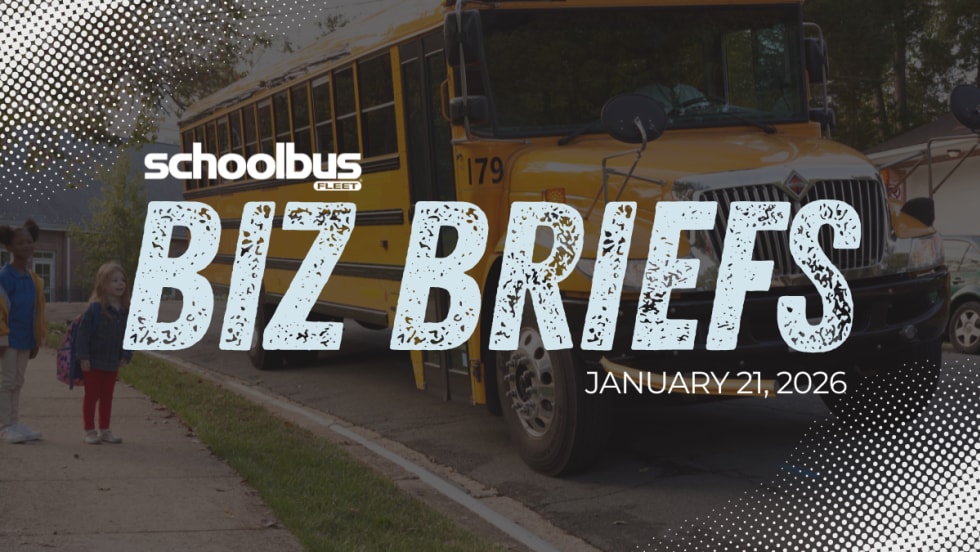
When Krapf School Bus acquired Birnie Bus in June, the company made one of its most significant expansions to date. The acquisition adds about 1,325 employees and about 875 vehicles, according to Blake Krapf, president and CEO of the Krapf Group, the parent company of Krapf School Bus.
For Blake, the decision to acquire Birnie Bus was cultural, as much as it was financial.
“When we look at opportunities, we are interested in making sure that it’s the right cultural fit,” he says. “While it’s important to make sure that an acquisition is a sound business decision, Krapf School Bus is focused on doing so while maintaining its core values.”
Importance of Shared Values
In determining whether an acquisition opportunity would be a good fit for the company, Blake says Krapf looks for an organization that shares similar goals, values, a commitment to high-quality service, and a dedication to providing safe service. A good management team and consistently high-performing drivers are also key factors.
It is precisely those characteristics that made Birnie Bus an ideal fit for Krapf.
“They have a strong management team. They have an excellent reputation for safety and service. They have actively supported the industry associations for the improvement of the overall industry,” Blake says. “Those are all things we’ve done here at Krapf as well, so really it merges two very similar profiles and [enables us] to further improve on all of those things that the two companies have been doing independently.”
One of the company’s biggest challenges in the expansion is keeping Krapf operating like a family business, Blake says, which is why the company looked toward Birnie Bus, which has been run by President and CEO Tim Birnie, as well as his father, Martin K. Birnie.
“[Tim Birnie] was really a one-man show for a huge business,” says Dale Krapf, chairman of the board for the Krapf Group, and Blake’s father. “But he didn’t want to sell that business to someone who was just going to roll that over and sell it to the next big conglomerate that comes down the road two or three years from now. He wanted to sell it to someone who had the same family spirit and family values that we had.”
Those Krapf values, according to Dale, are “commitment, open communication, respecting others, and excellent service.” The values were first established by his parents after founding the company.
Krapf’s familial values ring true with Vera Brooks, a school bus driver, examiner, and instructor for Krapf School Bus. Brooks, who has worked for the company for 37 years, started out as a driver. Despite nearly 40 years of growth and expansion, employees still see members of the Krapf family onsite.
“I work in different locations and at any given time, you can see one of the owners coming by and talking and saying hi,” Brooks says. “They’ll even talk to new hires, too. They might not know them by name, but they’ll say hi to them and talk to them, just like a coworker.”
For Blake, seeking the right cultural fit for Krapf is also a way to prepare for the future. Family-owned companies with a tight-knit culture are better suited to take on future changes in the industry.
“Even with this acquisition, we’re not a large corporation. We’re still a family-owned, hands-on management,” he says. “Certainly there’s a lot of new technology in our industry, and customers’ expectations have changed rapidly in accordance with technological developments, so we have the ability to recognize that and adapt quickly.”
Family-owned companies such as these two are also able to make changes and adapt to fit the needs of their customers and their employees without as much concern for stockholders or quarterly stock reports, Blake says.







